Top 10 Cloud Computing Trends: What’s Shaping the Cloud Future?
Cloud computing is at the core of digital transformation, powering businesses with scalability, security, and efficiency. As technology evolves, new trends are shaping the future of the cloud, offering smarter, faster, and more cost-effective solutions. From AI and machine learning integration to multi-cloud strategies, edge computing, and quantum advancements, staying ahead of these innovations is crucial for businesses seeking to remain competitive.
In this blog, we explore the top 10 cloud computing trends that are driving the industry forward and redefining how organizations operate in 2025 and beyond.
Table of Contents
- How Big is the Cloud Market in 2025?
- Top 10 Cloud Computing Trends to Watch in 2025
- Preparing for the Future of Cloud Computing with Kaopiz
- Conclusion
- FAQs
How Big is the Cloud Market in 2025?
The global cloud computing market is projected to reach $912.77 billion in 2025, driven by rapid digital transformation, artificial intelligence (AI) integration, and the expansion of cloud services across industries. The cloud computing market trends are expected to grow at a 21.20% compound annual growth rate (CAGR) from 2025 to 2034, reflecting strong demand for cloud-based infrastructure, software, and security solutions.
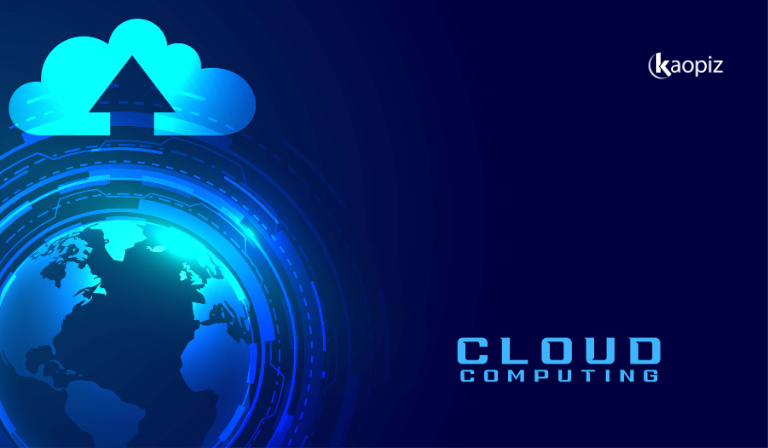
Moreover, according to Statista, the public cloud segment remains a major contributor to overall market expansion, with spending expected to hit $723.42 billion in 2025. This category includes cloud-based business processes, platforms, infrastructure, software, management, security, and advertising services. The public cloud model allows multiple businesses to share resources while benefiting from cost savings and scalability.
Amazon Web Services (AWS), Microsoft Azure, and Google Cloud remain the top three cloud computing companies, commanding a significant share of the market. Recognizing the benefits of cloud computing, these companies continue to invest in AI-powered cloud services, cybersecurity, and multi-cloud strategies, making cloud adoption even more attractive for enterprises worldwide.
Top 10 Cloud Computing Trends to Watch in 2025
As businesses migrate more workloads to the cloud, the market will keep expanding, with a growing focus on hybrid cloud, edge computing, and sustainability. In this section, let’s explore the latest cloud computing trends that are shaping the world.
AI and Machine Learning Integration
AI and Machine Learning are among the most influential cloud computing trends in 2025, driving innovation in automation, security, and personalization. These technologies require high computational power and extensive storage for data collection and training, making cloud infrastructure essential for their development.
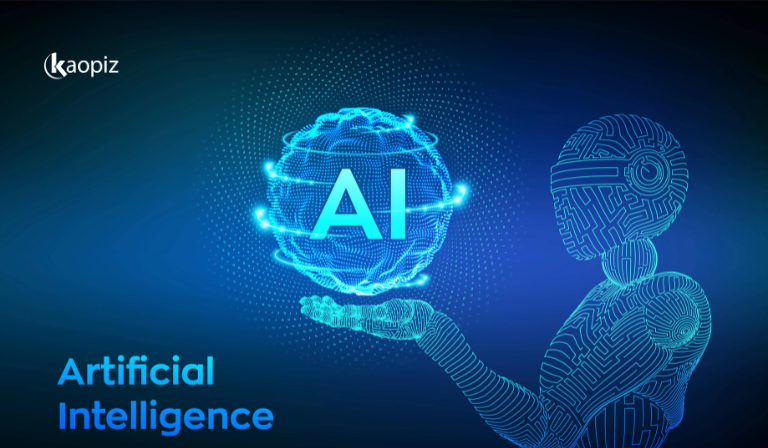
How AI is Transforming Cloud Computing:
- AI-as-a-Service (AIaaS): Businesses can access AI tools without investing in expensive infrastructure. Leading platforms include AWS AI Services, Google Vertex AI, and Microsoft Azure AI.
- Automated Cloud Operations: AI optimizes resource allocation, workload management, and predictive maintenance, reducing costs and downtime.
- Advanced Security & Threat Detection: ML-powered cybersecurity solutions detect anomalies, prevent cyberattacks, and automate responses.
AI models, including large language models (LLMs) like ChatGPT, require huge computational power for training. Cloud providers offer scalable GPU and TPU resources, enabling businesses to leverage AI for innovation.
Multi-Cloud and Hybrid Cloud Expansion
Multi-cloud and hybrid cloud strategies are gaining momentum as businesses seek flexibility, resilience, and cost efficiency in their cloud infrastructure. Rather than relying on a single cloud provider, organizations are adopting multi-cloud and hybrid cloud environments to optimize performance, enhance security, and meet regulatory requirements.
How Multi-Cloud and Hybrid Cloud Are Growing:
- Hybrid Cloud: Many industries, including banking and insurance, use hybrid cloud models to combine private and public clouds, ensuring data security while leveraging scalability.
- Multi-Cloud Strategy: Businesses distribute workloads across multiple cloud providers (AWS, Azure, Google Cloud) to optimize performance, reduce risks, and prevent vendor lock-in.
- Cost-Effectiveness: Multi-cloud allows companies to select specific services from different providers, reducing overall cloud spending while maximizing capabilities.
- Future Growth: As demand rises, cloud providers will continue to offer new services to enhance interoperability, automation, and security in multi-cloud environments.
With cloud computing industry trends still evolving, multi-cloud and hybrid cloud remain essential for enterprise resilience and innovation in 2025 and beyond.
Edge Computing
Edge computing is revolutionizing cloud technology by bringing data storage, processing, and analytics closer to the source. This shift significantly reduces latency, enhances data privacy, and increases processing efficiency.
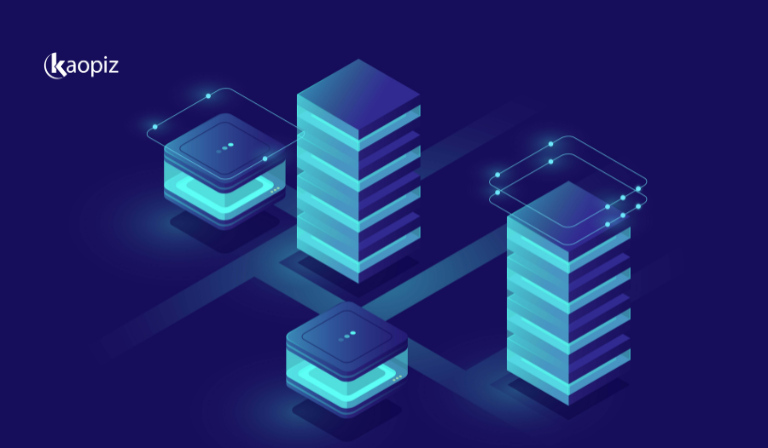
How Edge Computing Enhances Speed and Security:
- Real-Time Data Processing: Edge computing minimizes delays by handling data locally, making it ideal for AI, autonomous vehicles, and industrial automation.
- 5G and IoT Growth: The expansion of 5G networks and the rapid increase in IoT devices are driving edge adoption, enabling faster and more reliable cloud-based services.
- Stronger Security & Privacy: Processing sensitive data at the edge reduces exposure to cyber threats and ensures better compliance with data regulations.
- Enterprise Adoption: As telecom and IT providers collaborate, edge computing is becoming a key part of cloud strategies, improving scalability and operational efficiency.
Quantum Computing as a Service (QaaS)
Quantum Computing as a Service is one of the current trends in cloud computing, allowing businesses to access quantum computing power on demand without needing specialized hardware. The QaaS market is expected to grow exponentially, driven by increasing enterprise demand.
Major cloud providers like IBM Quantum, Amazon Braket, and Azure Quantum are leading this shift, making quantum technology accessible through cloud platforms. Industries such as finance, healthcare, and logistics are already testing quantum algorithms via QaaS platforms.
How QaaS is Transforming Cloud Computing:
- Faster Computation: Quantum algorithms solve complex problems exponentially faster than classical computing.
- Enhanced Security: Quantum encryption methods like Quantum Key Distribution (QKD) improve cloud security.
- AI & Optimization: QaaS enhances AI, predictive analytics, and logistics by optimizing large datasets.
- Scientific Breakthroughs: Enables advancements in drug discovery, climate modeling, and materials science.
With QaaS, quantum computing is becoming more practical and accessible, setting the stage for future innovations across multiple industries.
IoT
The Internet of Things (IoT) is revolutionizing cloud computing by connecting billions of devices, generating massive amounts of data, and enabling real-time analytics. Cloud platforms provide the storage, processing power, and connectivity needed to manage IoT ecosystems efficiently.

Key Impacts of IoT on Cloud Computing:
- Data Storage & Processing: Cloud servers handle vast IoT data from sensors and smart devices.
- Remote Access & Management: Businesses can monitor and control IoT devices from anywhere.
- Smart Automation: AI-powered IoT solutions enhance efficiency in industries like healthcare, smart homes, and manufacturing.
- Enhanced Security: Cloud-based encryption and compliance measures protect IoT data.
IoT will continue evolving and become one of the future trends in cloud computing to support real-time data processing, advanced automation, and seamless device connectivity.
Low Code and No Code Cloud Solutions
Low-code and no-code platforms are revolutionizing cloud computing by enabling businesses to develop applications without extensive coding knowledge. These platforms provide intuitive drag-and-drop interfaces and pre-built components, allowing users to build websites, apps, and automation tools quickly.
Why It’s a Game-Changer:
- Rapid Development: Speeds up app creation, reducing time-to-market.
- Cost Savings: Minimizes reliance on expensive developers.
- Accessibility: Empowers non-technical users to automate workflows.
- Seamless Cloud Integration: Supports scalable cloud-based applications.
Popular platforms like Zoho Creator, Microsoft Power Apps, and OutSystems are driving innovation, making it easier for businesses to develop and deploy cloud applications efficiently.
Kubernetes and Docker
Kubernetes and Docker are at the forefront of trends in cloud computing, streamlining application deployment and management. Docker allows developers to package applications into lightweight, portable containers, ensuring consistency across environments. Kubernetes, an open-source orchestration platform, automates the scaling, deployment, and management of containerized applications.
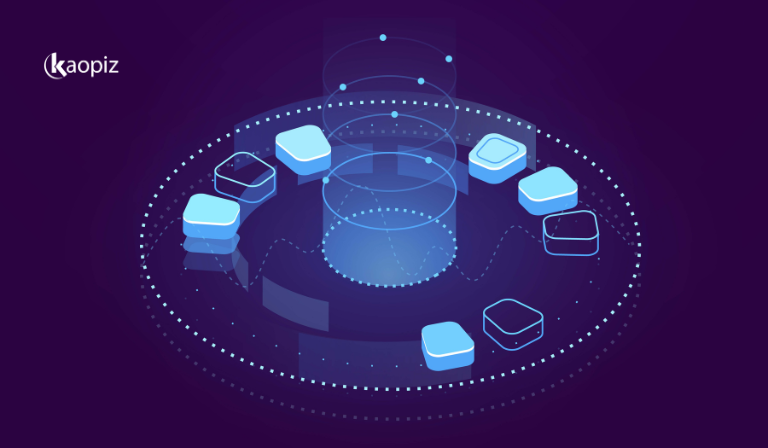
Why They Matter in Cloud Computing:
- Automation & Scalability: Kubernetes enables automatic scaling and load balancing.
- Portability: Docker containers ensure seamless deployment across cloud and on-premises environments.
- Efficiency: Kubernetes and Docker simplify cloud operations, optimizing resource use.
- Hybrid & Multi-Cloud Support: They enable smooth cloud migration and multi-cloud strategies.
With increasing cloud adoption, Kubernetes and Docker are critical for DevOps, enabling businesses to deploy cloud-native applications faster and more reliably.
DevSecOps
DevSecOps integrates security practices into the DevOps pipeline, ensuring that cloud applications remain protected from threats like data breaches, DoS attacks, and unauthorized access. Instead of treating security as an afterthought, DevSecOps embeds automated security checks, compliance monitoring, and threat detection into the development lifecycle.
Why DevSecOps Matters in Cloud Computing?
- Early Threat Detection: Security vulnerabilities are identified and mitigated in real-time.
- Automation & Compliance: Security policies and governance are enforced automatically.
- Improved Cloud Security: Protects cloud infrastructure from cyber threats and misconfigurations.
DevSecOps becomes essential for secure, scalable, and resilient cloud environments, helping organizations maintain data integrity and compliance.
Carbon-Neutral Cloud Services
As sustainability becomes a priority, carbon-neutral cloud services are gaining traction. Cloud providers are investing in renewable energy, carbon offsets, and energy-efficient infrastructure to reduce their environmental impact.
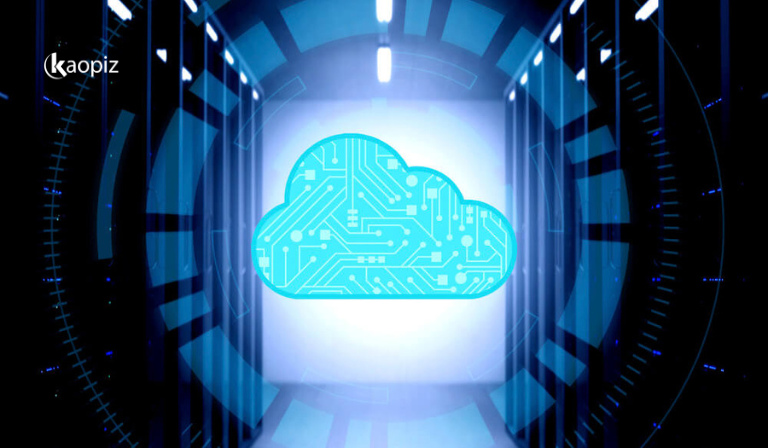
How Cloud Providers Are Going Green?
- Renewable Energy: Tech giants like Google, AWS, and Microsoft are shifting to 100% renewable energy-powered data centers.
- Carbon Offsetting: Companies invest in reforestation, carbon capture, and sustainability projects to neutralize emissions.
- Efficient Cooling & Hardware: AI-driven cooling, optimized server utilization, and low-power chips enhance energy efficiency.
With growing regulations and customer demand for eco-friendly cloud solutions, carbon-neutral cloud services are set to become the industry standard, leading to a more sustainable digital economy.
Enhanced Cloud Security with Zero Trust
As cyber threats grow more sophisticated, Zero Trust security is becoming essential for cloud environments. Unlike traditional models, Zero Trust operates on a “never trust, always verify” principle, ensuring that no user or device is automatically trusted, even inside the network.
How Zero Trust Improves Cloud Security
- Strict Access Controls: Verifies user identities and enforces least privilege access.
- Continuous Monitoring: Uses AI and analytics to detect anomalies in real-time.
- Micro-Segmentation: Divides networks into isolated segments to contain potential threats.
- Multi-Factor Authentication (MFA): Adds extra security layers beyond passwords.
Zero Trust frameworks help organizations protect sensitive data, prevent breaches, and meet compliance requirements, making it a key trend in modern cloud security.
Preparing for the Future of Cloud Computing with Kaopiz
As cloud computing continues to evolve, businesses must adopt innovative solutions to stay competitive. At Kaopiz, we are committed to helping organizations navigate the latest cloud trends, from AI and machine learning integration to multi-cloud and hybrid cloud strategies.
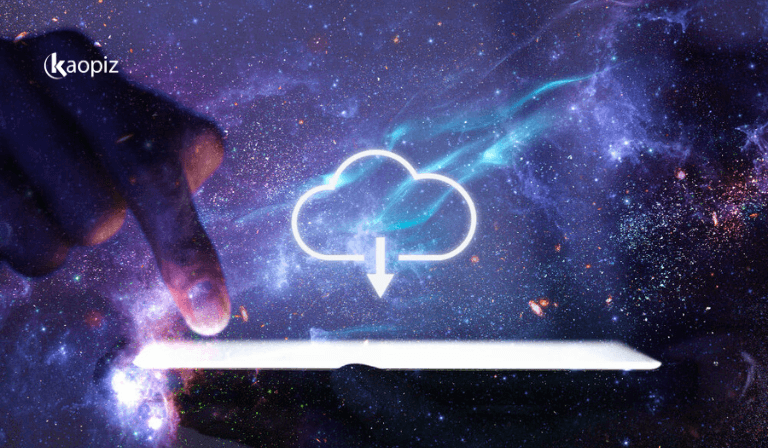
How Kaopiz Supports Cloud Transformation
- Scalable Cloud Solutions: We provide custom cloud-based applications and IT infrastructure solutions tailored to business needs.
- AI & Data-Driven Technologies: Our expertise in AI and automation enables businesses to maximize cloud potential.
- Seamless Migration: Move workloads to AWS, Azure, or Google Cloud with minimal downtime.
- Robust Security & Compliance: We implement advanced cloud security measures, ensuring data protection and regulatory compliance.
- Cloud DevOps: Automate deployments with CI/CD pipelines and Infrastructure as Code (IaC).
Why Choose Kaopiz for Cloud Services?
Kaopiz delivers secure, scalable, and cost-effective cloud solutions tailored to your business needs.
- Certified Expertise: Our AWS-certified professionals design and implement reliable cloud infrastructures.
- Tailored Solutions: We customize cloud strategies to align with your business objectives.
- Strong Security: Advanced security frameworks ensure data protection and compliance.
- Cost & Time Efficiency: We optimize cloud costs while accelerating deployment with efficient processes.
- Proven Experience: With a track record of successful cloud projects, we deliver high-performance solutions.
With deep expertise in software development, cloud services, and IT outsourcing, Kaopiz empowers businesses to leverage the full potential of cloud computing.
Conclusion
Cloud computing continues to evolve, driving innovation across industries. Cloud computing trends like AI integration, multi-cloud strategies, edge computing, and quantum computing are reshaping how businesses operate, offering greater scalability, security, and efficiency. As organizations embrace low-code development, DevSecOps, and carbon-neutral cloud services, the cloud landscape becomes more accessible, secure, and sustainable.
Staying ahead in this fast-changing environment requires strategic adoption of emerging technologies. By leveraging these trends, businesses can enhance agility, reduce costs, and unlock new opportunities. Kaopiz is here to help you navigate the future of cloud computing with tailored solutions that drive growth and innovation.
Contact us today to accelerate your cloud transformation journey.
FAQs
Which Cloud Technology Will Be in Demand in 2025?
In 2025, the most in-demand cloud platforms remain Amazon Web Services, Microsoft Azure, and Google Cloud Platform. These providers dominate the market due to their scalability, security, and AI-driven services.
What Industries Benefit the Most from Cloud Computing in 2025?
Industries like healthcare, finance, manufacturing, retail, and telecommunications are among the biggest beneficiaries of cloud computing. Cloud technology enables faster data processing, improved security, cost efficiency, and enhanced AI-driven analytics, making it essential for innovation and operational efficiency.
Will AI Replace Cloud Computing?
No, AI will not replace cloud computing; rather, AI and cloud computing will work together to enhance efficiency and automation. Cloud platforms provide the necessary computing power, scalability, and storage for AI models to function. The synergy between AI and cloud computing will drive smart automation, predictive analytics, and business intelligence across industries.
2 Replies to “Top 10 Cloud Computing Trends: What’s Shaping the Cloud Future?”
Leave a Comment
Trending Post
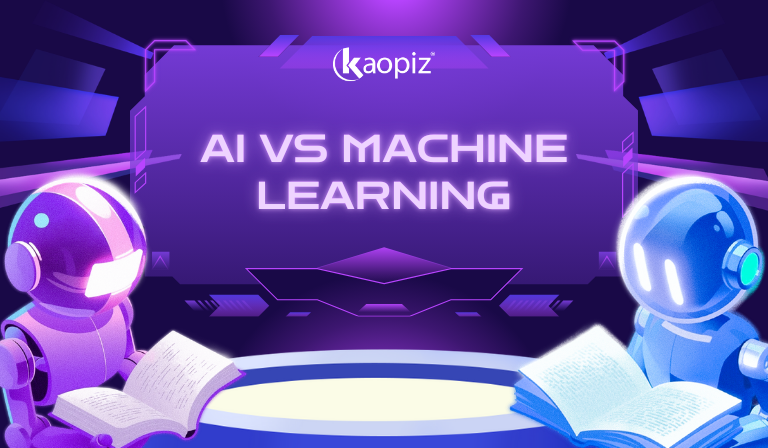
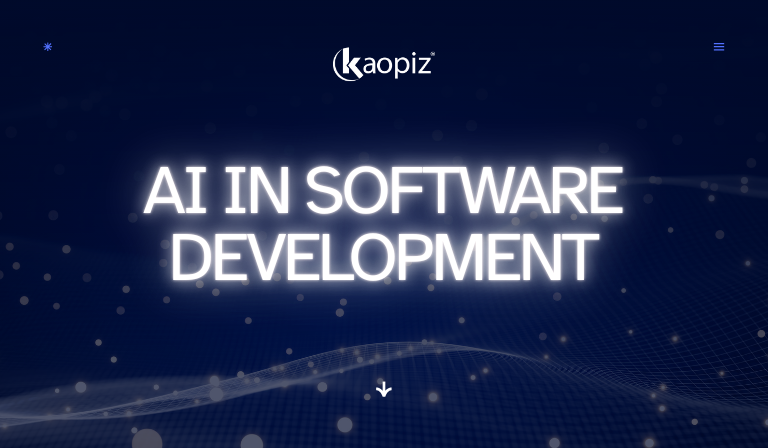
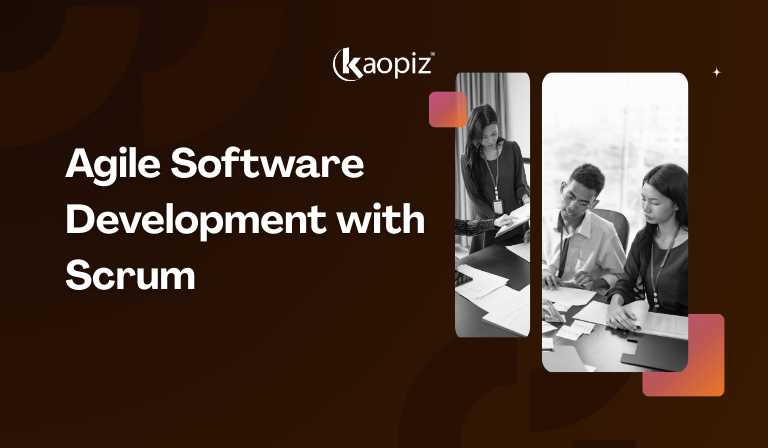
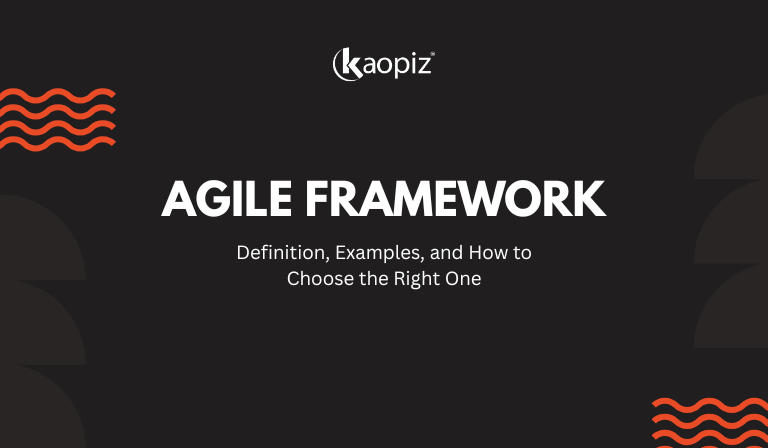

















Pingback:9 Real-World Cloud Computing Applications for Businesses in 2025
Pingback:Top 10 Cloud Service Providers in Singapore [2025 Guide]